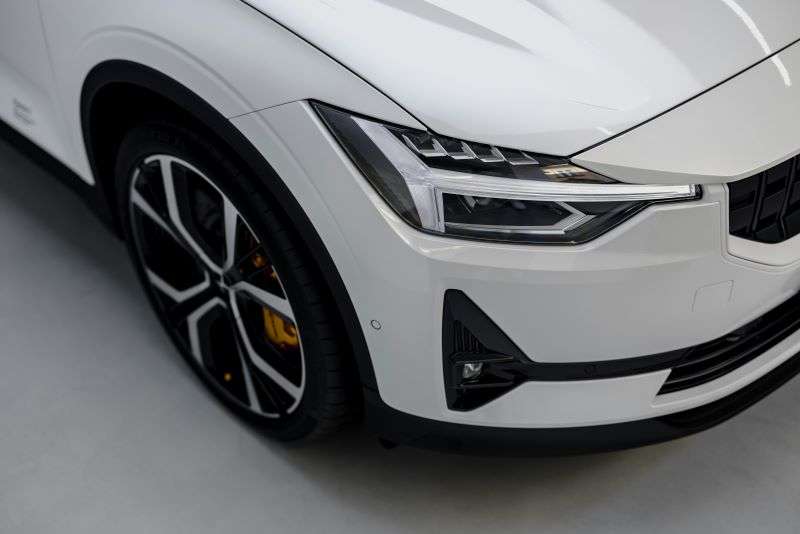The U.S. is gearing up to broaden its confrontation with China over technology by challenging the latter in the rapidly emerging field of autonomous and internet-connected vehicles. According to sources, Biden administration officials are planning to propose limits on U.S. sales of Chinese vehicle software, a move aimed at addressing security concerns raised by a new generation of smart cars. The proposed restrictions would include curbs on the use and testing of Chinese technology for autonomous vehicles. Read more about U.S. Tightens Investment in Chinese Tech Sectors.
Addressing Cybersecurity Risks
The impending restrictions are a result of an investigation into cybersecurity risks from Chinese vehicle software that President Joe Biden initiated in March. With the rise of smart cars, many of today’s vehicles, both gas and electric, are equipped with devices connecting them to the internet, making them potential targets for hacking. Read more about Cybersecurity Concerns Rise Among IT Professionals in Supply Chain Sectors.
Chinese Dominance in EV and Smart Car Components
China has emerged as a leader in electric vehicles and components for smart cars, partly due to widespread government subsidies and support. Chinese auto companies like BYD have a limited presence in the U.S. due to a 27.5% tariff introduced under former President Donald Trump. However, with the impending restrictions on internet-connected vehicle technology from China, the administration is seeking to act before Chinese-made cars become prevalent in the U.S. Read more about The Shift Away from China: Exploring New Manufacturing Hubs.
Protecting U.S. Data and Supply Chain
The proposed restrictions, to be enforced by the Commerce Department, aim to prevent Chinese companies from collecting data on U.S. drivers and sending it back to China. The rules would also effectively keep Chinese suppliers from establishing a larger foothold in the U.S., giving the American auto industry time to build its own supply chain for connected vehicles. Read more about Bolstering U.S. Supply Chain: Biden Administration’s Tariff Strategy.
Awaiting Final Decisions
The Commerce proposal may include a phase-in period to allow automakers to find new domestic sources or supplies from U.S. trade partners. However, the plans are not yet final. The Commerce Department is “concerned about the national security risks associated with connected technologies in connected vehicles,” and will issue a proposed rule focused on “specific systems of concern.” Read more about Strengthening Domestic Manufacturing.
International Reactions and Future Measures
Ahead of the U.S. move, various groups, including the German automotive industry and Ford Motor Co., have urged the Biden administration to limit the scope of potential regulations and give automakers time to adjust their supply chains. The measures are expected to focus on software and systems that collect vehicle data, but could include any hardware systems with embedded software. A later round of restrictions that would look at hardware for connected and self-driving vehicles is also likely. Read more about US Industry Response to Proposed Tariff Increases.





